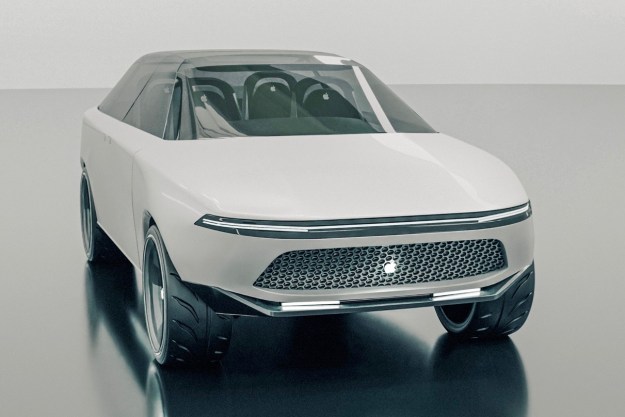General Motors’ autonomous car unit has made much of its plan to launch a robo-taxi service by the end of 2019, but on Wednesday, July 24, it said it could no longer meet that deadline.
Cruise Automation CEO Dan Ammann explained in a blog post that the company has decided it wants to conduct further road tests of its autonomous technology — built into Chevrolet Bolt EVs — before launching a large-scale robo-taxi service “beyond the end of the year.”
“In order to reach the level of performance and safety validation required to deploy a fully driverless service in San Francisco, we will be significantly increasing our testing and validation miles over the balance of this year, which has the effect of carrying the timing of fully driverless deployment beyond the end of the year,” Ammann said in the post.
The failure to offer a more detailed time frame regarding the launch of a driverless taxi service highlights the sheer scale and complexity of the undertaking in a sector where missed deadlines surprise few.
In March, San Francisco-based Cruise announced it would double its team by the end of 2019, adding an extra 1,000 workers in the coming months. In Wednesday’s post, Ammann said that recently it has made key hires in the area of engineering and artificial intelligence.
GM Cruise is operating in a crowded field with dominant players that include Alphabet-owned Waymo, which was spun out of Google’s driverless-car project three years ago, and Ford, which wants to launch taxi and delivery services using autonomous vehicles by 2021.
Waymo hit the headlines at the end of 2018 when it became the first company to charge members of the public for rides in its autonomous vehicles, though large-scale deployment of such services is yet to happen.
Billions in funding
Cruise was founded by Kyle Vogt and Dan Kan in 2013 before GM acquired it three years later. Funding has been pouring in, with the company receiving $7.25 billion in the last year alone from big-name firms that include Japanese tech giant SoftBank, which agreed to invest $2.25 billion, and Honda, which is putting $2.75 billion into the business.
In his post, Cruise’s CEO said his team was utterly focused on its belief that “safely deploying all-electric self-driving cars at scale will have a significant positive impact on the world.
“At the societal level, it can save millions of lives, reshape our cities, reduce emissions, give back billions of hours of time and restore freedom of movement for everyone. At the individual level, we believe it will deliver safer, more convenient, more affordable and more accessible transportation.”
Editors' Recommendations
- Beleaguered robotaxi startup Cruise lays off quarter of workforce
- Cruise woes prompt production halt of fully driverless van
- Waymo expands robotaxi service area in San Francisco
- An autonomous car in San Francisco got stuck in wet concrete
- Volkswagen is launching its own self-driving car testing program in the U.S.


